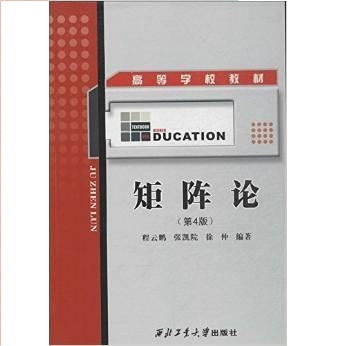We study operator - or noncommutative - variants of constraint satisfaction problems (CSPs). These higher-dimensional variants are a core topic of investigation in quantum information, where they arise as nonlocal games and entangled multiprover interactive proof systems (MIP*). The idea of higher-dimensional relaxations of CSPs is also important in the classical literature. For example since the celebrated work of Goemans and Williamson on Max-Cut, higher dimensional vector relaxations have been central in the design of approximation algorithms for classical CSPs. We introduce a framework for designing approximation algorithms for noncommutative CSPs. Prior to this work Max-$2$-Lin$(k)$ was the only family of noncommutative CSPs known to be efficiently solvable. This work is the first to establish approximation ratios for a broader class of noncommutative CSPs. In the study of classical CSPs, $k$-ary decision variables are often represented by $k$-th roots of unity, which generalise to the noncommutative setting as order-$k$ unitary operators. In our framework, using representation theory, we develop a way of constructing unitary solutions from SDP relaxations, extending the pioneering work of Tsirelson on XOR games. Then, we introduce a novel rounding scheme to transform these solutions to order-$k$ unitaries. Our main technical innovation here is a theorem guaranteeing that, for any set of unitary operators, there exists a set of order-$k$ unitaries that closely mimics it. As an integral part of the rounding scheme, we prove a random matrix theory result that characterises the distribution of the relative angles between eigenvalues of random unitaries using tools from free probability.
翻译:暂无翻译




